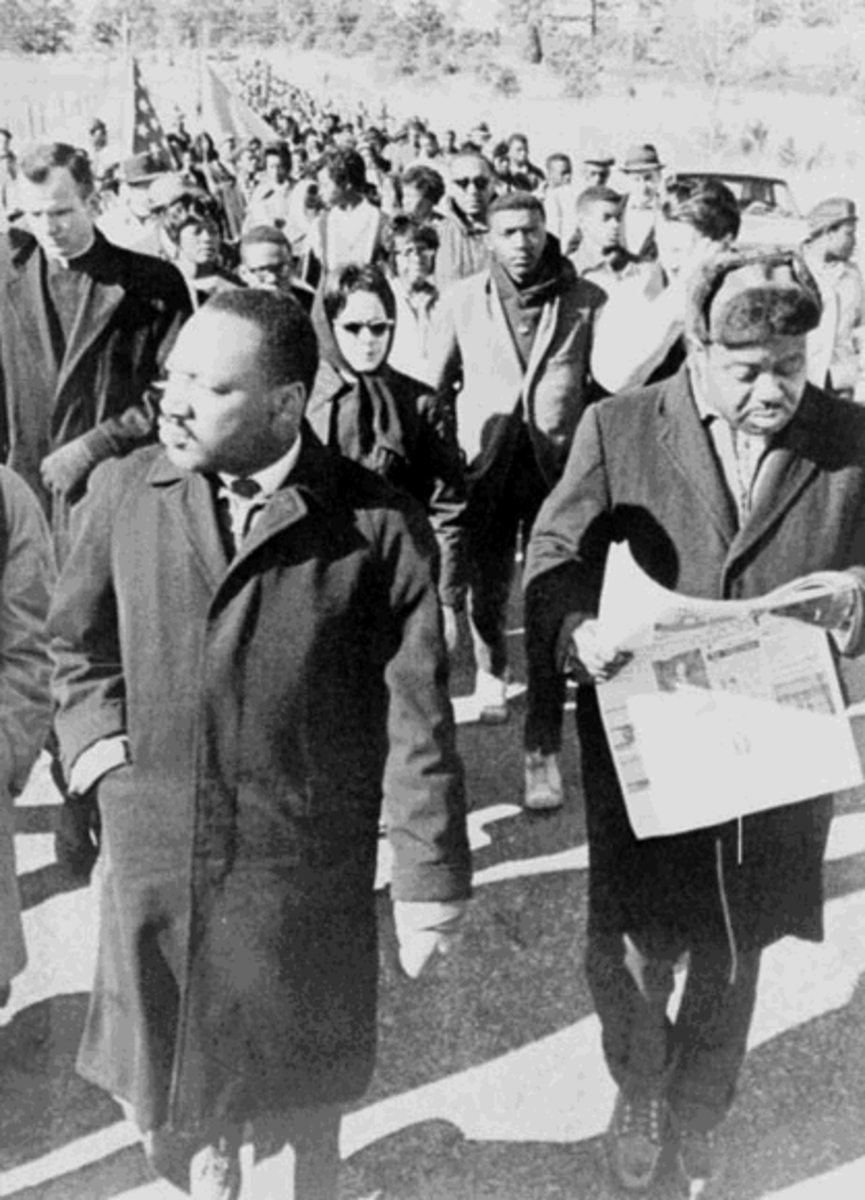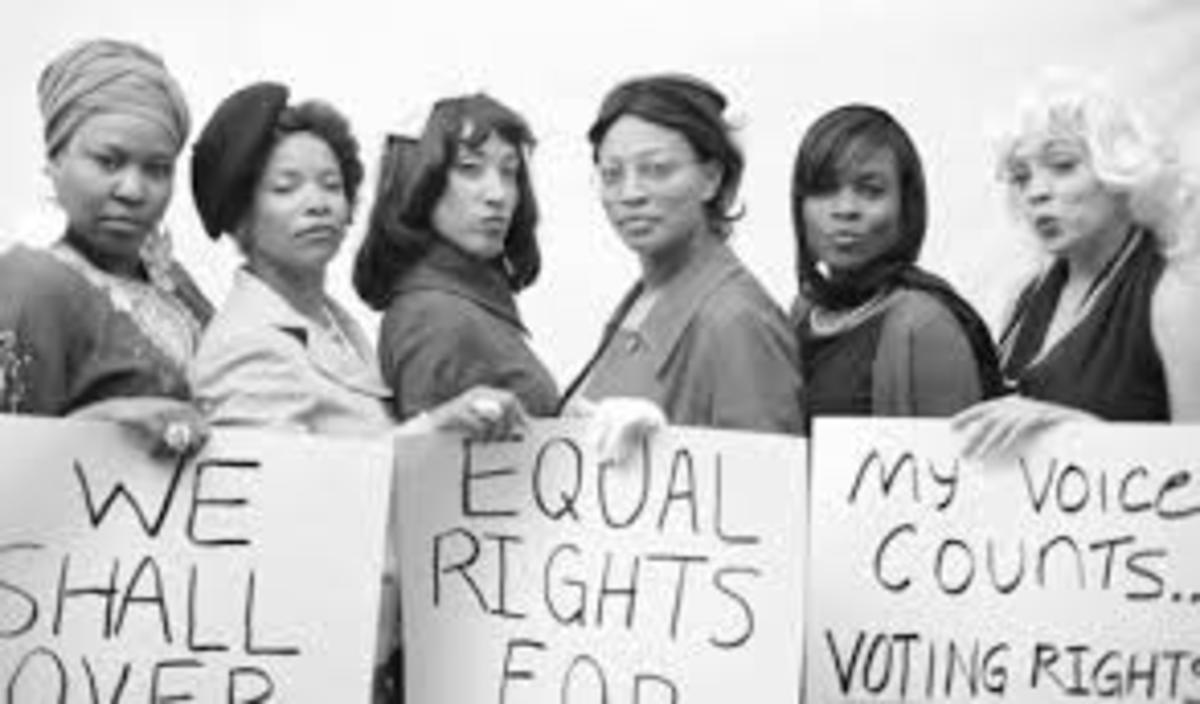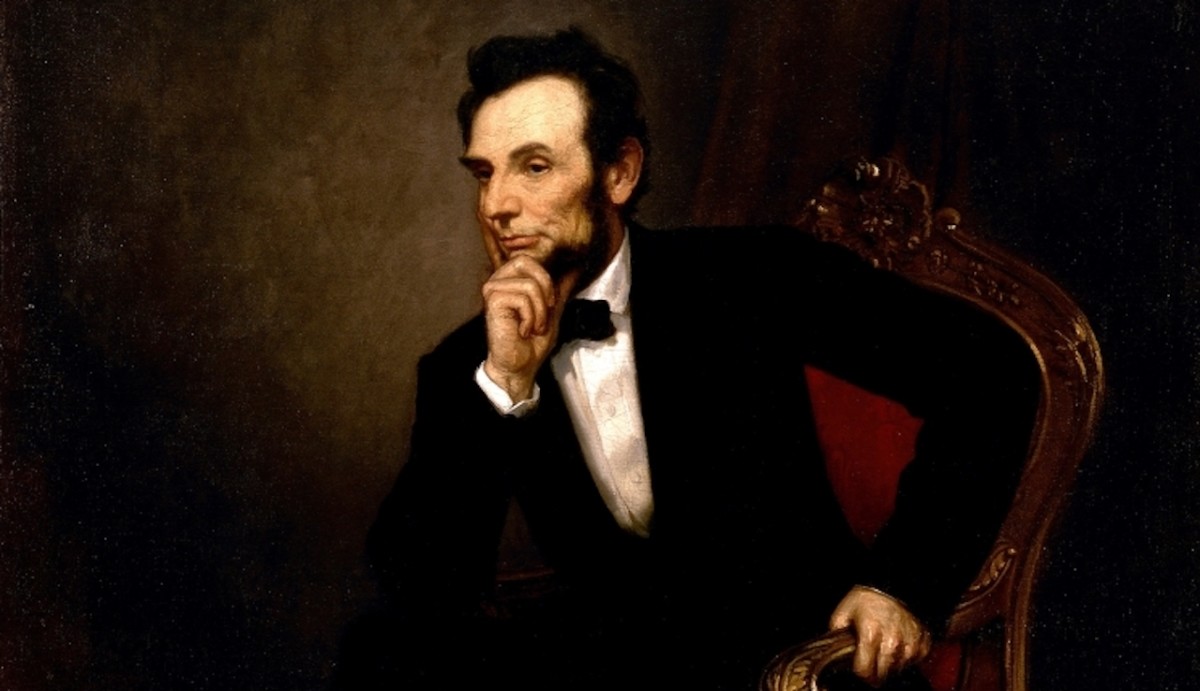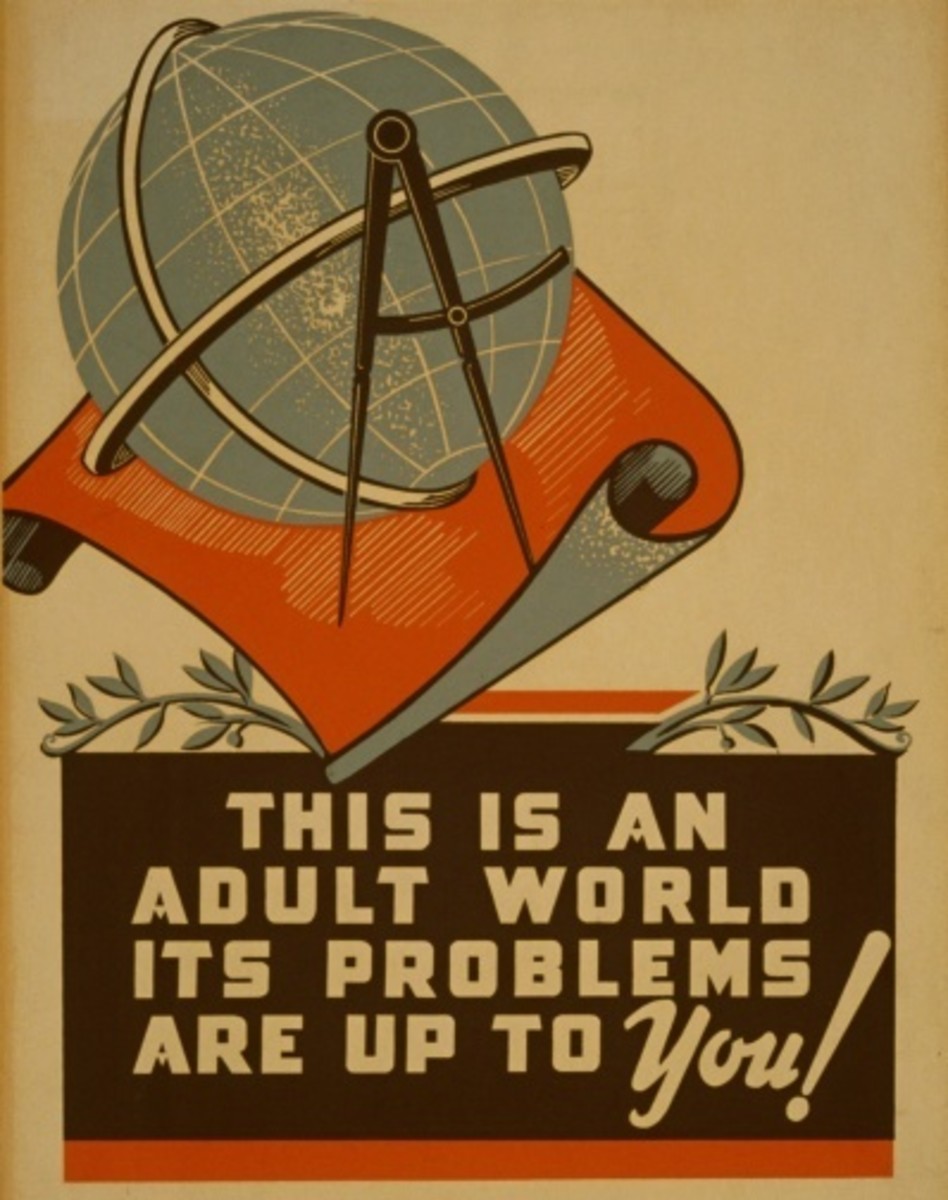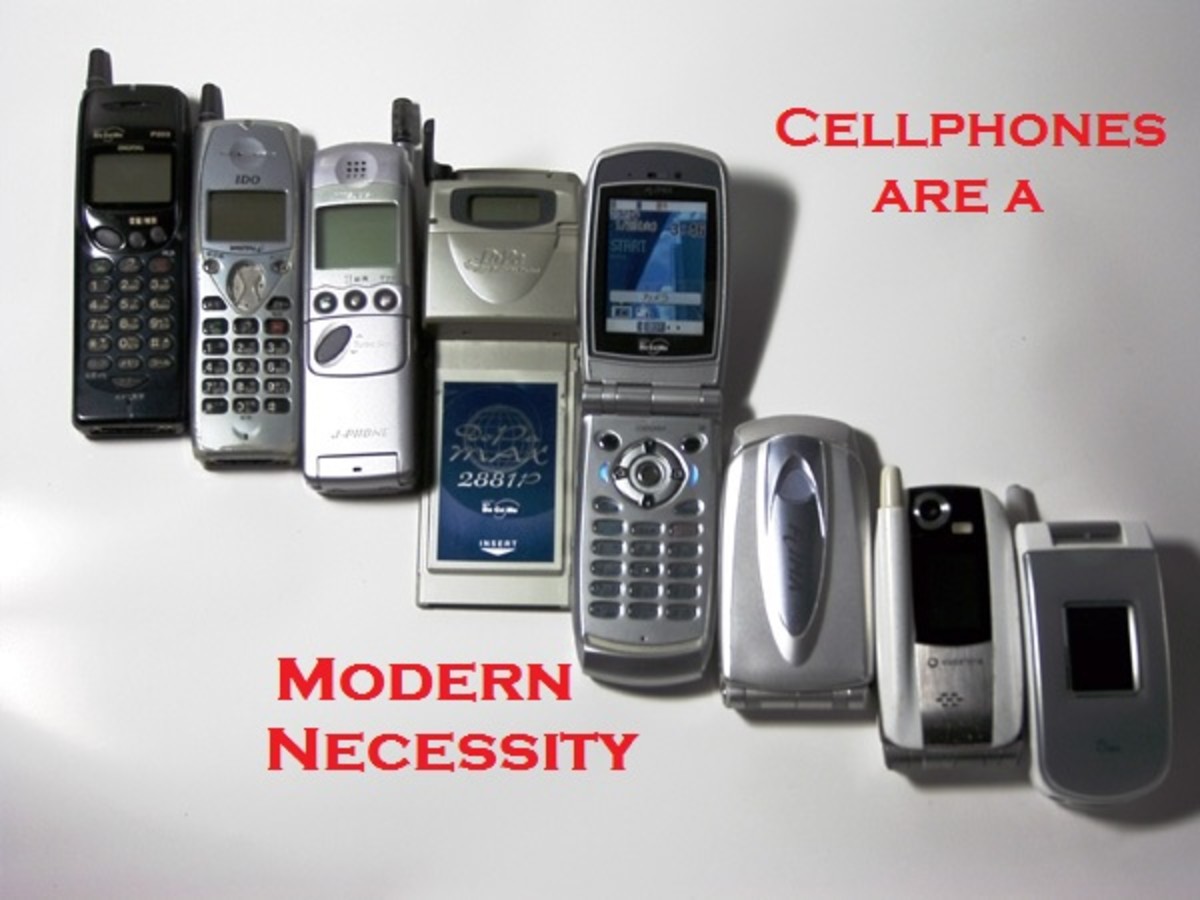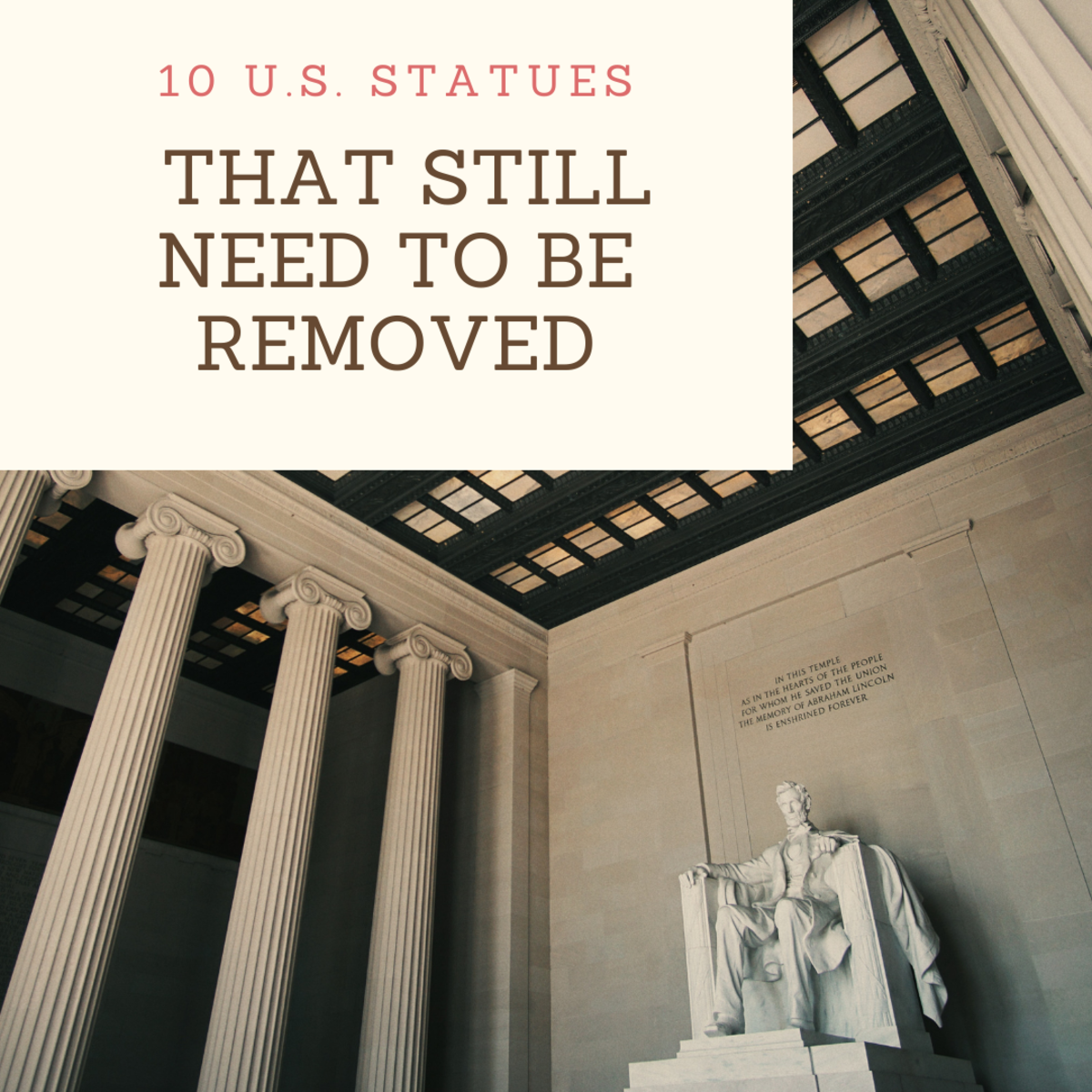Civil Disobedience in American and Postal History: Is it Legal and is it Justified?
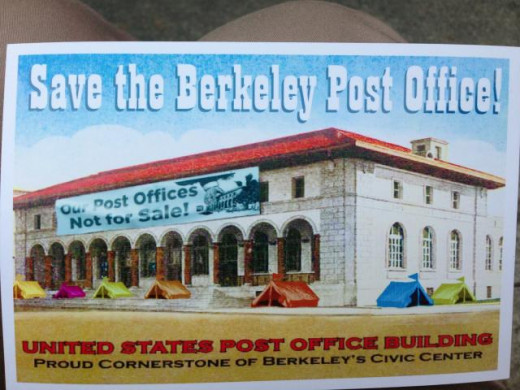
An American Institution?
One could say that the doctrine of Civil Disobedience was practically invented in America. This might seem peculiar in light of the fact that our own revolution wasn't exactly a peaceful one, but it was actually the American philosopher Henry David Thoreau's essay 'Resistance to Civil Government (Civil Disobedience) that inspired Civil Disobedience movements throughout the world. So although our own bloody revolution and Civil War make Civil Disobedience seem like such an un-American thing, the peaceful doctrine of Civil Disobedience can be said to have been born in the very violent cradle of the United States.
Thoreau's personal theory of Civil Disobedience can be summarized by saying that citizens of a country are not obligated to obey laws that they consider contrary to the mandates of their own conscience. He used this doctrine to justify not paying taxes during the Mexican-American War, which he was morally opposed to. Of course, disobedience to democratically enacted laws goes against the grain for many Americans, whose sense of obedience to the law is deeply ingrained. My late Grandfather once scolded me for driving across the country at 75 miles per hour back when the speed limit was 55. "It's against the law," he told me, and that was the end of the argument. I would like to think that my bad behavior was justified by the doctrine of Civil Disobedience, but I don't think I had heard of it yet. I was probably just an impatient 20 year old with raging hormones.
Is Civil Disobedience always justified? Can I claim it when I disagree with the speed limit, or if I wish to text while driving? Is it just a convenient way to justify anti-social behavior, or are there circumstances in which it is appropriate? I would submit that that there are extreme cases, particularly those in which fundamental human rights are being violated, that merit the use of civil disobedience to get society and government back onto the correct moral and ethical track.
I would also add that Civil Disobedience is probably the most effective way of bringing about social change. Violence rarely works, as witnessed by the ongoing intifadas in Israel and the bloody civil war in Syria, but peaceful Civil Disobedience movements are almost always effective, though they may take time.. The list of success stories is extensive: India shaking off British rule under the leadership of Gandhi, the former Iron Curtain countries ushering out communism, the American Civil Rights movement winning voting rights and tossing off Jim Crow laws, and South Africa's ultimate victory over Apartheid, to name a few. Violent protest results in an angry, entrenched opposition that often has the mandate of the public behind it to quash and suppress what it perceives to be atrocities. Peaceful protests, on the other hand, such as the sit-ins in Selma, Alabama during the sixties, when fire hoses and dogs were turned against peaceful protesters, cause the public to sympathize with the cause of the protesters, after which the outraged public also cries out for change.
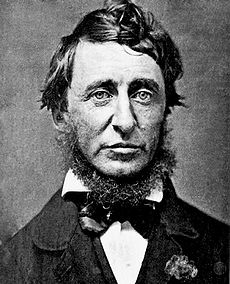
More Thoreau?
Why Now?
I am bringing up the case for Civil Disobedience in American and Postal history now because of the ongoing occupation of the Berkeley, California Post Office. At least since the 60s Berkeley has been known as a hotbed of dissent, which some might call 'rabble rousing.' In 1964, members of what was called the Free Speech Movement "occupied" a police car on the University of California Berkeley campus, and then followed up by sitting in at a building at the school, in order to protest on-campus restrictions of their political speech. Although the official "occupy" movement had not begun, the Berkeley activities differed only semantically from the modern phenomenon. Civil disobedience is civil disobedience, no matter what you call it. And like today, the 60s protests were given mixed reviews. Many labeled the protesters as rabble-rousing "hippies," while others sympathized with their cause.
Dissent in Berkeley has once again reared its ugly or beautiful head, depending on your viewpoint, although it seems to have been quietly swept off to the dusty back news bins. Even the Twitter and Facebook accounts of my fellow Letter Carriers are curiously silent about it. This is why I am bringing it up today, to remind people that the movement to save Berkeley Post Office is still going on, and to explore whether movements like this are legitimate in the light of American history.
The occupation of the Berkeley, California Post Office began on the evening of July 26th, exactly one year after the USPS board of Governors announced a decision to sell the post office at Milvia Street and Allston Way. The primary goal of this movement is to stop the privatization of public services, services that are guaranteed by the Constitution. The group also wishes to put a halt to the practice of selling historical buildings, paid for by the public, to private individuals. Do the members of this movement have a legitimate grievance, or are they merely hot-headed, rabble-rousing riff-raff with little better to do than pitch tents on the steps of the post office? Detractors derisively yell out "hippies!" and other unprintable names at them, but let's see how they stand up to the scrutiny of American History.
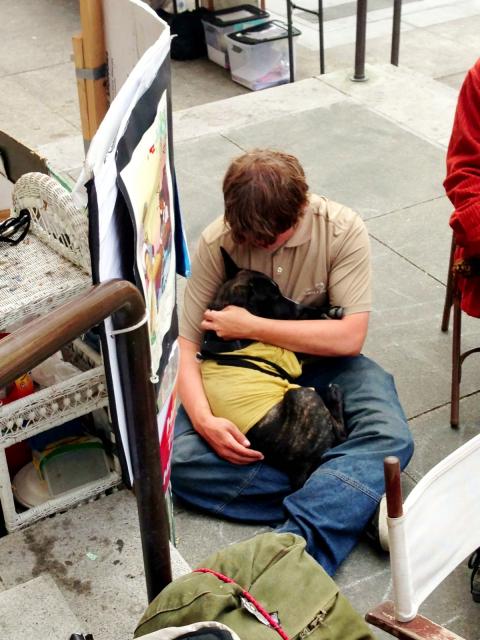
The Sons of Liberty
In 1765 a group of Boston tradesmen and artisans called the 'Loyal Nine' assembled in Boston to form a group known to history as The Sons of Liberty. Their ranks were not filled by the Boston elite, but from among middle class shopkeepers. Their leader was a shoemaker named Ebenezer McIntosh, but more prominent men who wished to keep their names off the roll call were also connected to the organization. The Sons of Liberty were definitely not of the peaceful, Civil Disobedience type, and some of their practices included burning down or ransacking the houses of British tax officials. Although the leaders of the Sons of Liberty were what we would today call "respectable" citizens, they were able to very effectively organize what we would today call the "riff-raff", meaning itinerant or unemployed workers, into mobs that would unleash terror and violence against their opponents. The impromptu mobs sprung up to cause havoc and disorder in all of the American colonies. You may also recall from your American History class that they ransacked ships loaded with tea and dumped the contents of these vessels into Boston Harbor, an event known as The Boston Tea Party. Despite its tendency toward violence the Sons of Liberty are remembered today as great Patriots, even to the point where Samuel Adams, one of their central driving forces, got his face and name on a beer label.
In spite of the atrocities and terror tactics perpetrated by the Sons of Liberty, I have never heard its membership denounced as shiftless riff-raff or even as rabble-rousers. But I think the rank and file of the Sons would look pretty similar to the men and women gathered on the steps of the Berkeley Post Office, minus the colonial style clothing and the stones used to thrown at British officials. In contrast, with the exception of one knife-carrying belligerent who was quickly chased off, the Berkeley Post Office occupiers are a peaceful bunch who take great pains to sweep undesirable elements, such as drug dealers, off of the steps as quickly as possible.
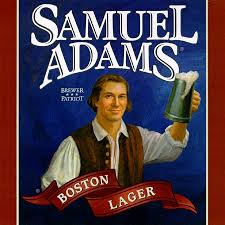
The Man Behind the Beer
The Civil Rights Movement
The activities of the Sons of Liberty definitely could not be classified beneath the banner of Civil Disobedience, but other notable crusades in American History definitely fall within the purview of the phenomenon. The struggle of African Americans to bring about civil rights, primarily in the South, is a textbook example of what can be gained from the proper application of Civil Disobedience. The leader of the movement, the late Reverend Martin Luther King, had studied the doctrine of 'passive resistance' that was effectively employed by Gandhi in India. The result was a series of bus boycotts, sit-ins, and marches across the south that had the desired effect of guaranteeing voting rights, prohibiting discrimination in housing and public places, and securing other rights for all Americans regardless of race.
But the discriminated groups were not alone in their struggle. Thousands from among that same unruly body of "riff-raff" that was to participate in the Berkeley protests poured across Southern borders to help fight the injustice being perpetrated against African Americans. Certain "respectable" genteel folk in the South did not react well to this invasion. In June, 1964 three of the freedom fighters were murdered in Mississippi. These protesters were certainly martyrs in the Civil Rights cause, and except for maybe out in the muddy, inaccessible reaches of some deep South swamp where banjo picking is the order of the day and teeth are optional, I think it would be difficult to find anyone to contest the notion that the victims of these racially motivated crimes were anything less than American heroes.
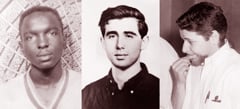
Read about their struggle
Drawing it Together
Where am I going with all of this, you might ask? I certainly am not advocating that the protesters sitting in at the Berkeley Post Office are on the same level as the Mississippi martyrs who made the ultimate sacrifice. A Post Office is not a fundamental human right, after all, but I would argue that the Constitution that established this Post Office is designed to protect fundamental human rights. Article I, Section 8 of the Constitution gives Congress the power to "Establish Post Offices and Post Roads." Based on this, I would conclude that Post Office closures are not simple business decisions. Although certain services the Postal Service provides, namely package delivery, must now compete in a competitive marketplace, the Postal Service as a whole is still a public institution that is mandated by Congress to provide basic, essential mail services to all Americans. Regardless of whether any particular post office is profitable, and let's face it how many are is in this day and age, the law of the land dictates that the American public must still be served by this institution.
Therefore, even if your opinion of these folks sitting in at the Berkeley Post Office is that they are shiftless, shaggy, left wing riff-raff, perhaps the passage of time and the test of history will be kinder to them. At one point in our early history the United States was still looked upon as a rogue, pariah nation; embracing dangerous democratic ideals that threatened to topple the crowned heads of Europe. Our earliest heroes were dismissed as dangerous radicals across the water in Europe, just as the later martyrs of the Civil Rights movement were similarly branded here at home. So let's be careful not to denounce the Berkeley Post Office activists, lest we be forced to make the same categorization of American heroes of the past.
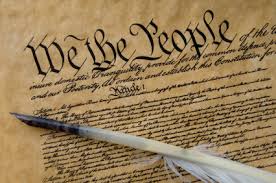
Epilogue
The group Citizens to Save the Berkeley Post Office (www.savethebpo.com), ended its participation in the encampment on the steps of the Berkeley Post Office as of noon on August 18th. This particular group elected to continual the struggle via legal and legislative action, but their withdrawal did not mean an end to the encampment. Despite being issued a no-trespass letter, the occupation by other groups dedicated to the preservation of the Post Office continues as of this writing, August 22nd, 2013. Please keep them in mind.
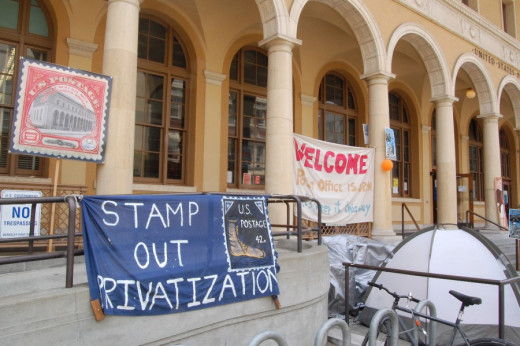
Constitutional Protection for Post Offices?
Does the US Constitution protect Post Offices from arbitrary, business related closures?
Agree or Disagree?
Do you agree with the actions of the Berkeley protesters?
More information about the movement to save the Berkeley PO
Want to save Saturday Delivery too?
- Saturday Delivery - Why the Post Office Needs it and America has a Right to it
The US Postal Service and its opponents continue to clash over continued Saturday mail delivery. Here, Mel addresses the service obligation and the enormous competitive advantage of Saturday delivery





